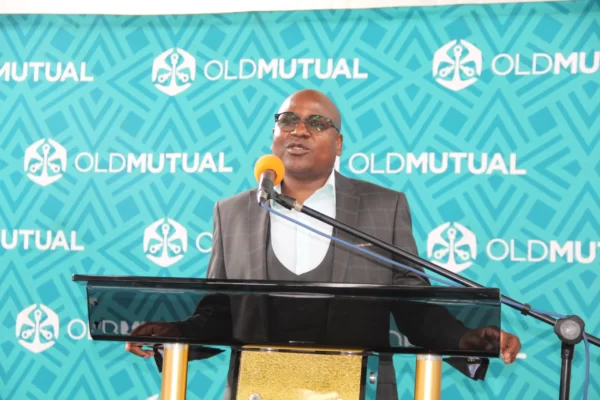The need for retooling, metal beneficiation, import-substitution, and banning of scrap took centre stage at the just-ended Zimbabwe Institute of Foundries (ZIF) summit in Harare.
Prince Sunduzani and Rudairo Mapuranga
The summit attracted regional and local metal industry experts, policymakers, and financiers.
Panellists stressed the need for government, industry, and tertiary institutions synergies to spearhead the revival of the metal foundries industry.
Industry players have said with the right support, coupled with the rise of Zisco steel and the new steel plant being built, the Tsingshan holding group in Chivhu, can make a significant impact in Zimbabwe and save billions of dollars through substitution of imports.
The Minister of Finance and Economic development Mthuli Ncube pledged to look into issues raised by metal foundries players, chief among them, tax holidays and protection for local players through bans.
He said the government will consider giving metal industry players tax rebates for the importation of critical raw materials.
The Deputy Minister of Mines and Mining Development Dr Polite Kambamura said the metal casting industry faces challenges of raw materials due to the closure of Ziscosteel, he said foundry industry players should complete the value chain cycle by owning small scale mines and furnaces. He said the government remains committed to the capacitation of the metal foundry industry and is in the process of totally banning the export of scrap metal.
Contributing to discussions at the two-day summit, Ambassador Christopher Mutsvangwa challenged foundry owners to think big so that they are not left behind or overtaken by foreign players.
He urged them to create synergies with other players from abroad for them to be able to improve the quality of their product which they can then export.
ZIF President, Itai Zaba also weighed in, commending the government for banning the exportation of scrap metal as local foundries have the capacity to add value to it up to ten times.
The Zimbabwe Investment Development agency urged small to medium enterprises who were present to register with their organization to enjoy the benefits it offers that include, incentives, tax rebates, prioritization in the forex system among other things.
Andrew McFarlane of Amtex limited in South Africa urged Zimbabwean foundries to invest in innovative technologies and software for them to improve the quality of their metal products.
He said technology can help local foundries reduce costs and predict certain processes thus improving the efficiency of the final process.
Ntandokamlimu Nondo from the Environmental Management Agency (EMA) said the metal industry needed to be environmentally friendly to protect the environment from pollution. He said EMA was willing to work with ZIF to eradicate pollution and preserve the environment from pollution.
Mr Coster Takawira of Boldmin Holdings said Zimbabweans need to change their mindset in the way of doing business and do away with the profiteering (Absurd pricing) to see the growth and development of the metal foundry. He said the country’s pricing structure was pulling down the growth of the industry.
Simbi Alloy CEO Patricia Mutombwera said “The mining industry is not doing justice in terms of beneficiation as we are losing maximum revenue from export raw minerals and in respect of steel, raw ferrochrome has found its way out of the country without benefiting the nation in terms of foreign currency and employment creation,”
The Harare Institute of Technology Pro-Vice-Chancellor, Dr Talon Garikai said academics play a very pivotal role in Zimbabwe’s economic development journey and there is a missing link between them and the industry, hence the need to operate as a seamless unit in bringing solutions that advance the economy.
Speaking at the event Dinson Iron and Steel Projects Manager Wilfred Motsi said “Steel imports as we speak are to the tune of over US$1 billion yearly on the basis that we no longer have vibrant steel. The industry was dominated by Ziscosteel and now as a country, we are forced to import to supply the market. As Zimbabwe is pursuing a serious infrastructure roadmap, we have consumed a lot of steel products so the onus is to develop our industry.”




